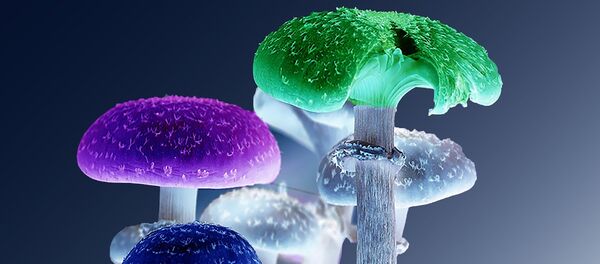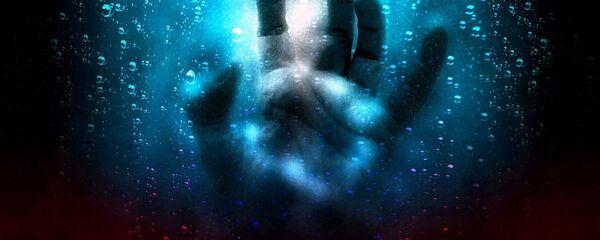Fear is a basic human drive, wired deep into our brains. It is crucial for survival, as fear triggers our "fight or flight" response, enhancing our ability to survive. The interesting thing about fear is that it works through the same chemicals as our feelings of happiness and excitement. Thus, we ought to be able to re-wire our sense of fear into a sense of joy. But how, exactly?
In those cases when the less excitable hippocampus decides a threat is not actually real, our emotional reaction remains just that — an emotional reaction.
The scientists use the example of seeing a lion. Spotting a real lion out in the open would trigger a sense of true fear and the urge to run for your life. Seeing a lion at a zoo, on the other hand, mostly just generates awe, or, "aw."
Thinking a zoo lion is cute is possible because your hippocampus has decided that the threat is not real, that you are not out in the wild, and that there is metal cage to protect you. The hippocampus is so cool it can even process information learned not by personal experience, but through written or spoken language, in a split second!
So where does the exhilaration of fear come from? The Wayne State team says that is generated when the emotional reaction of fear is followed by an immediate understanding that everything is, in fact, okay. To achieve that effect, we must get genuinely scared — a well-placed jump scare at a Halloween party will do just fine — but then the brain must come to the conclusion that we are in control of the situation.
Thus, the brain lets the extra excitement out as joy and laughter — like a steam valve — which is especially cool, considering how contagious someone else's emotions are for us humans (yes, that's why getting scared in company is more fun than getting scared alone).
The scientists point out that this can happen even to people who might otherwise like a scary movie — if it were, well, less real.
"They may enjoy Freddy Krueger movies but be too terrified by "The Exorcist," as it feels too real," they wrote.
On the other hand, the thinking part of the brain might totally suppress the sensation of fear. For example, a biologist, knowing all too well how a human body works, might not be even a little bit unnerved by looking at an improbable zombie apocalypse. Those people won't get scared and they won't enjoy the movie — unless, of course, there's a latex-clad Milla Jovovich to compensate.
The scientists warn that fear is only fun for healthy people. Those who have abnormalities in their amygdala center or suffer unpleasant conditions such as phobias, post-traumatic stress disorders and anxiety disorders are unlikely to enjoy fear and horror, even of the play variety.



